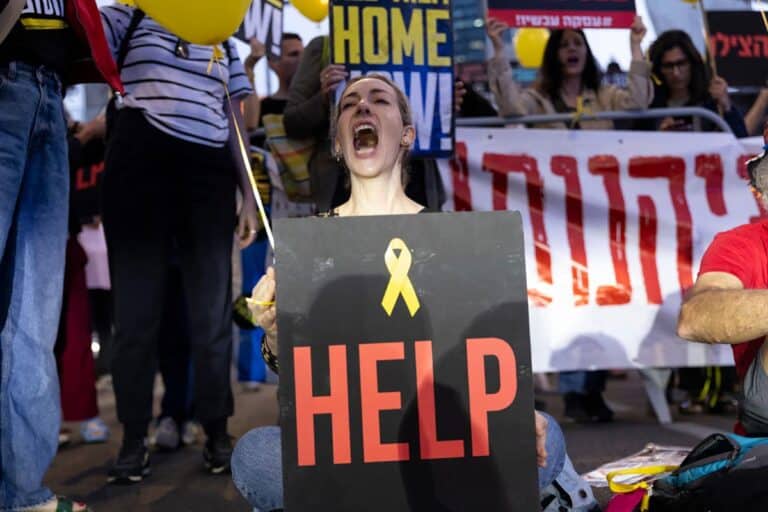
The war between Hamas and Israel has now surpassed 181 days. Here are the key developments from this past week.
1. Seven World Central Kitchen aid workers killed in Israeli strike
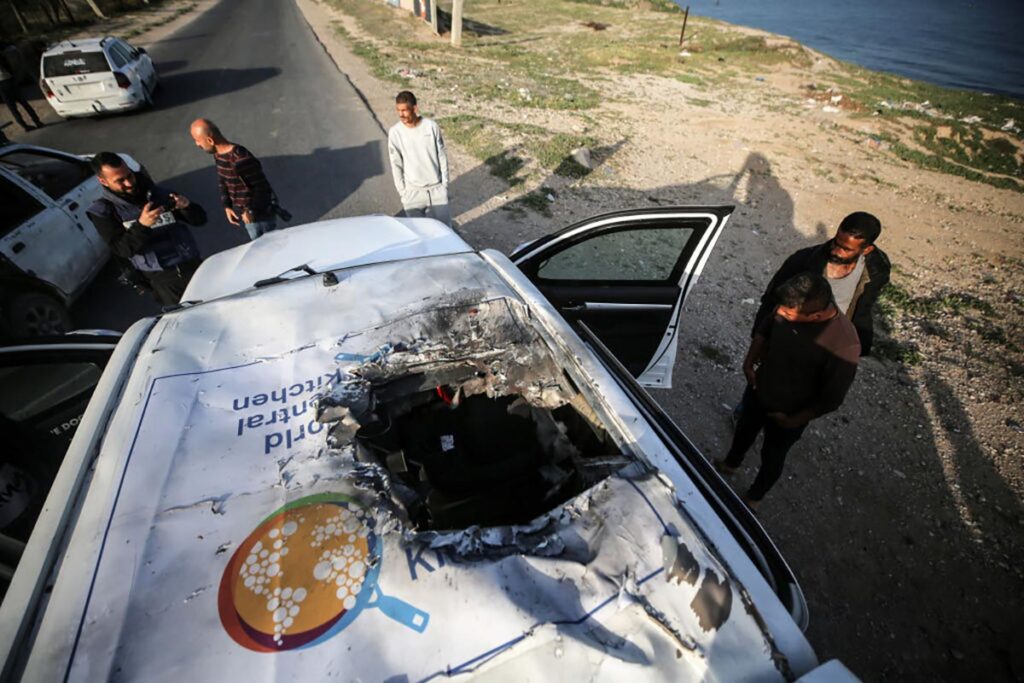
Seven international aid workers from the World Central Kitchen organization were killed in an Israeli strike that hit their vehicles in central Gaza early Tuesday morning, sparking international outrage.
The IDF dismissed two senior officers over the strikes, citing “misidentification” as the cause and calling it a “grave” mistake. Israeli security sources told Israeli media that the soldiers involved thought the workers were Hamas terrorists trying to attack aid convoys since Hamas had been caught doing that in that area before.
The soldiers reportedly did not check with their superiors before launching the strike, violating IDF protocol.
In the aftermath of the attack, WCK and other aid organizations announced they were freezing operations in Gaza until further notice. The IDF has begun work to establish a command center to better coordinate humanitarian work and prevent further such incidents.
Digging deeper: The strikes sparked global outrage, with U.S. President Joe Biden warning Prime Minister Benjamin Netanyahu on Thursday that Israel’s behavior concerning humanitarian aid needs to change immediately.
Biden called for an “immediate ceasefire” and reportedly threatened to limit military aid to Israel if the humanitarian situation in Gaza isn’t improved soon.
WCK founder Chef José Andrés has staunchly defended Israel’s right to defend itself in the past. But in an interview on Wednesday, he accused Israel of targeting the aid workers “systematically, car by car.” Israel vehemently denied the accusations, with a senior Israeli official telling ABC News, “The last thing we would want in the world is to endanger civilian lives.”
2. Senior Iranian commanders killed in Israeli strike in Damascus
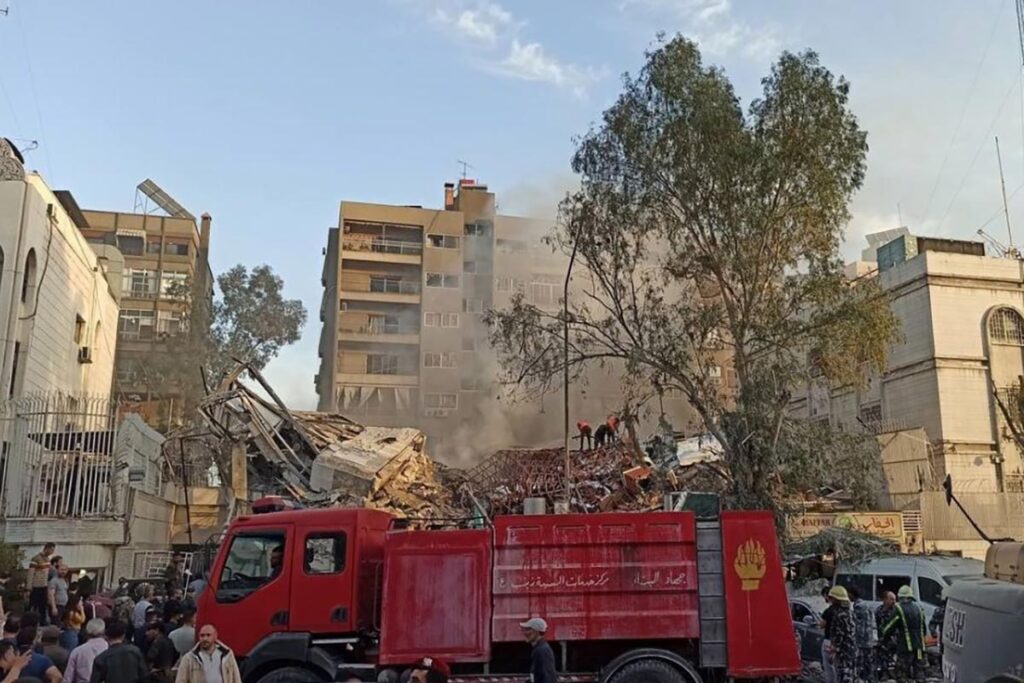
Mohammad Reza Zahedi — a commander in Iran’s Islamic Revolutionary Guards Corps responsible for Iran’s operations in Syria and Lebanon — and several other senior IRGC officials were killed in a strike on the Iranian consulate in Damascus allegedly carried out by Israel on Monday.
Israel hasn’t officially taken responsibility for the strike (they almost never do for strikes like these), but Iran and Syria have blamed Israel for the attack.
Iran has threatened to respond harshly to the assassination of the senior commander. The IDF called up reserves and prepared defensive measures in case the response targets Israel directly. Israel has reportedly warned the U.S. that it will respond in kind to any attack by Iran.
The government has also prepared instructions for schools and hospitals in case the response sparks a larger conflict. IDF Spokesperson Daniel Hagari emphasized on Thursday that while civilians should stay alert, there was no need for panic.
Why it matters: Zahedi was the Iranian official in charge of providing support to Hezbollah and organizing Iranian operations in Syria.
The Iranian commander was also deeply involved in the planning and execution of the Oct. 7 attack carried out by Hamas. Zahedi’s death is expected to cause massive damage to Iran’s plans in the region, including their efforts to smuggle weapons to Hezbollah.
3. Palestinian Authority seeks U.N. recognition as independent state
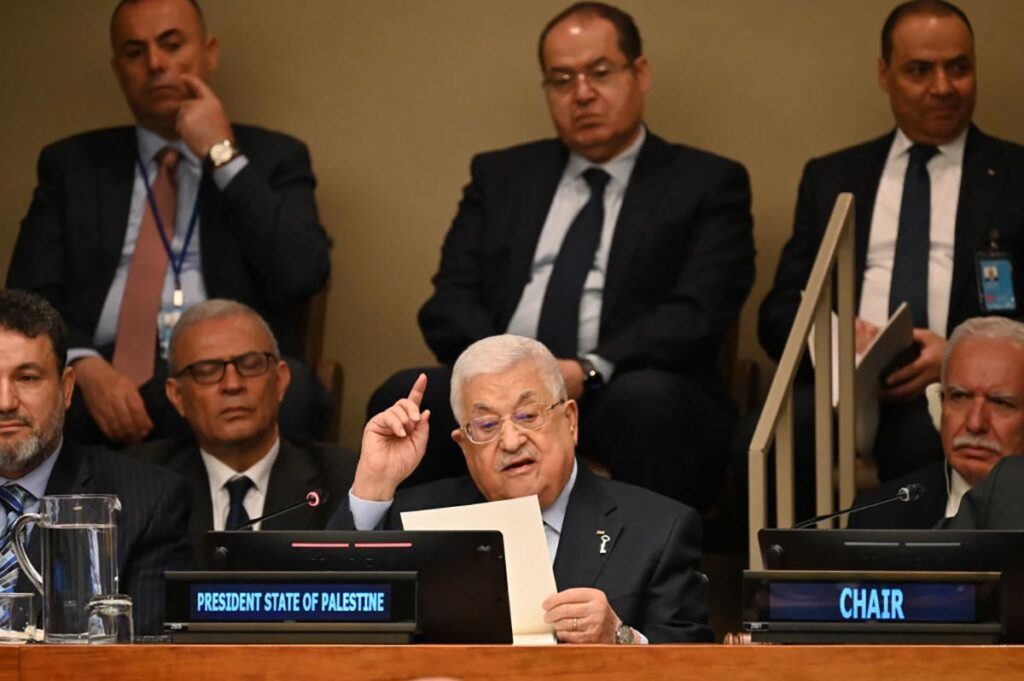
The Palestinian Authority has formally requested a vote by the United Nations to recognize it as an independent state, the PA’s representative to the U.N. said Tuesday.
This request follows a previous bid for recognition in 2011, which resulted in the PA being granted the status of a “non-member observer state,” providing them with additional rights and privileges within the U.N.
The current application will be reviewed by the U.N. Security Council. For approval, it must receive nine votes in favor without a veto or negative vote from any of the five permanent members of the Council: China, France, Russia, the United Kingdom, and the United States.
If it passes the Security Council, the vote will move on to the U.N. General Assembly, where it requires a two-thirds majority vote to become a full member of the U.N.
Why it matters: The Palestinian request comes as world leaders say they’re considering unilaterally recognizing an independent Palestinian state, even without an agreement between Israel and the Palestinians.
On Wednesday, the U.S. expressed support for the establishment of an independent Palestinian state but emphasized that it should be achieved through negotiations rather than U.N. resolutions. However, the U.S. has not whether it would use its veto power if the request is brought to a vote.
4. Hostage protests escalate in Jerusalem
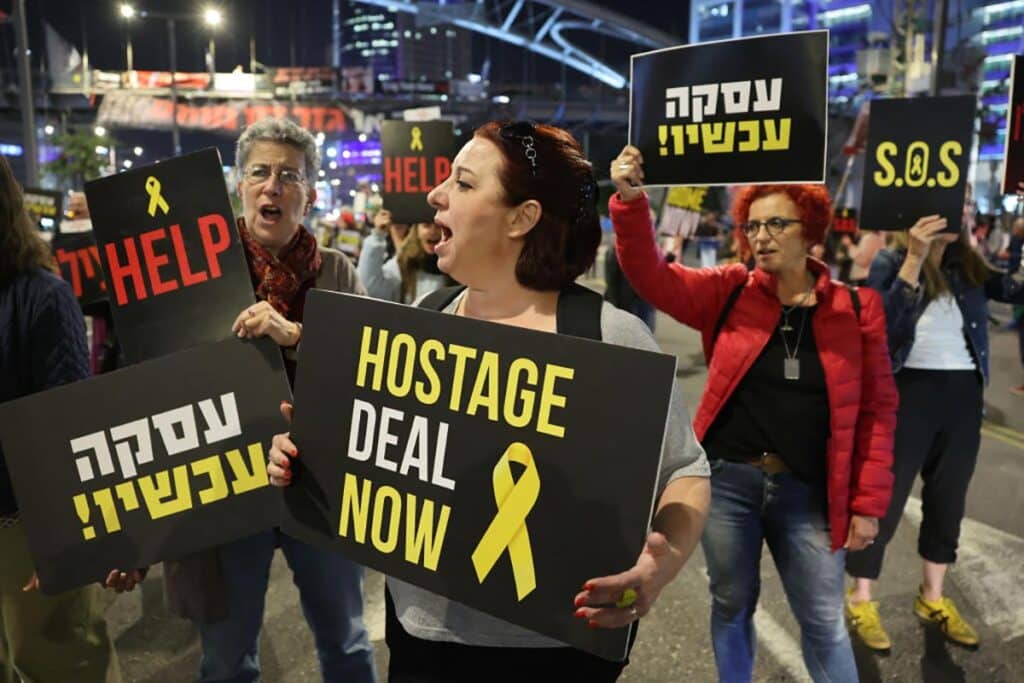
Protests demanding a deal to release the hostages and new elections escalated on Tuesday night as protesters and police clashed in Jerusalem.
Protests were held on an almost daily basis in Jerusalem this past week near the Knesset and near Netanyahu’s residence in the capital.
On Tuesday, protesters tried to break through police barricades to get closer to Netanyahu’s residence. Police responded quickly, dragging away protesters who sat down in a park across from the residence.
During the protest, a burning torch was thrown at a mounted officer. Several protesters were arrested throughout the night.
Digging deeper: Protests by both the families of the hostages and anti-government activists have been taking place on a weekly basis for months now.
The demonstrations escalated in recent weeks as efforts to reach a hostage release deal have hit a brick wall.
Last week, the families of some of the hostages called for Netanyahu to resign, the first such statement from the families. On Wednesday, a day after the violence in Jerusalem, War Cabinet minister Benny Gantz called for new elections to be held in September.
5. Freed hostages warn Knesset: “Every woman hostage is sexually harassed”
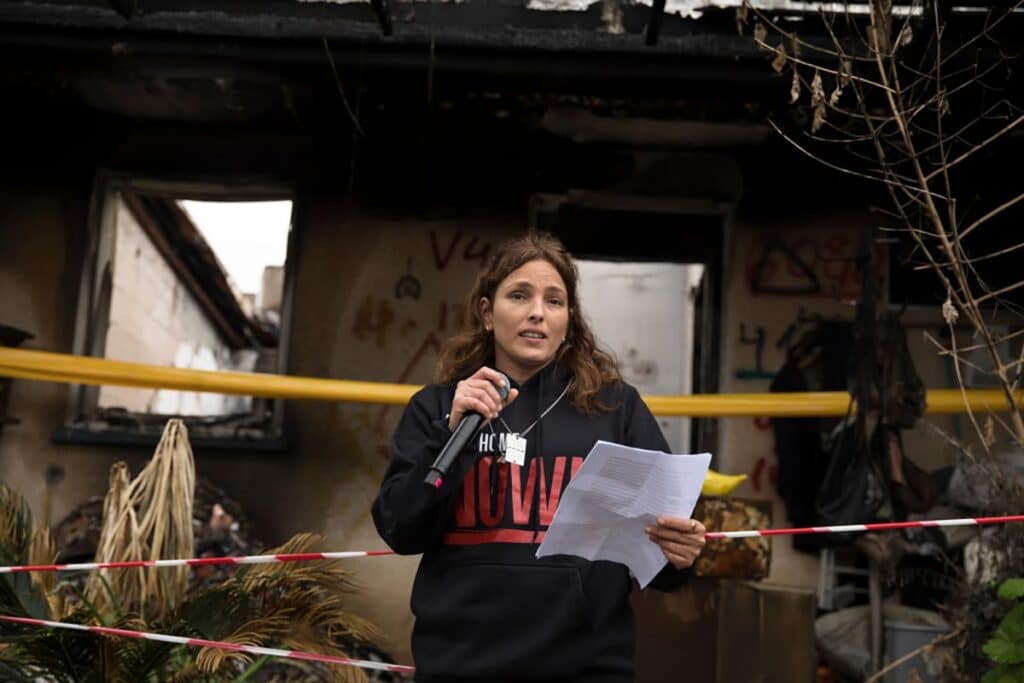
In a Knesset women’s rights committee meeting, former hostages released in the last ceasefire deal warned that the hostages still in Gaza are being sexually harassed and urgently need rescue.
“Every girl there is sexually harassed in one way or another,” said Maya Regev, one of the hostages released in the last deal. “It doesn’t matter how you try to spin it. As a citizen, on Oct. 7, I didn’t understand why no one came to rescue me in a matter of hours.”
The former hostages expressed outrage that the Knesset is going on recess for a month while 134 hostages remain in captivity.
“Your role is to bring them home, the role of the state that disappointed us once. We need your help,” Regev said to the MKs at the meeting. No ministers and only three members of the government coalition took part in the Knesset meeting.
In related news, Israel’s State Comptroller, Matanyahu Engelman, reported that 38% of female IDF soldiers tasked with guarding terrorists who took part in the Oct. 7 attacks have been sexually assaulted by the terrorists. The comptroller warned that female prison guards should not be guarding Hamas terrorists arrested since Oct. 7, as this could put them in serious danger.
Digging deeper: Incidents of sexual violence have been reported from both hostages and accounts of Israelis murdered on Oct. 7.
On March 4, Pramila Patten, the U.N.’s Special Representative of the Secretary-General on Sexual Violence in Conflict, published a report stating that there is “clear and convincing information” that hostages being held in Gaza were subjected to sexual violence.
Patten added that there are “reasonable grounds” to believe that hostages still in captivity are still being subjected to sexual violence.
Originally Published Apr 5, 2024 06:32PM EDT
